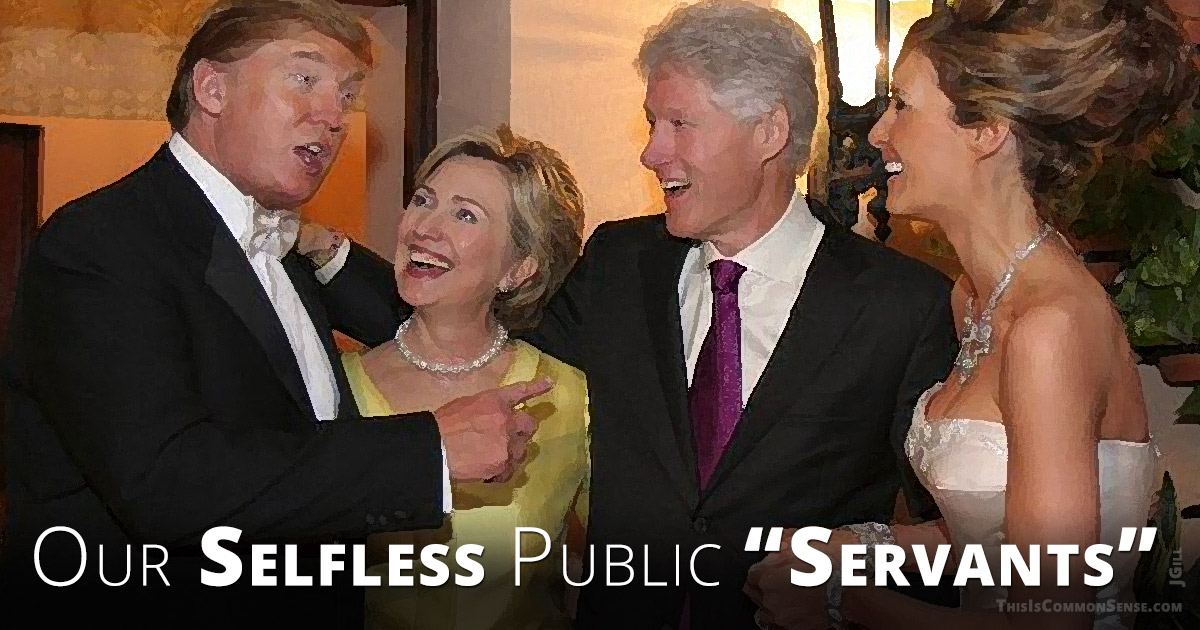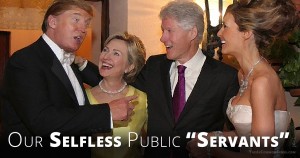Government “central planning”? I’m against it.
But it’s socialism, fascism, and allied isms that I oppose. I’m not against “government planning.”
We could use some.
Take population. When government sets up complicated institutions, like Social Security or Medicare, those institutions must match the general trend of the number and make-up of those served.
Or else fail spectacularly.
But as everyone knows, Social Security was set up when the population was growing, and expected to continue … at a positive rate. The whole logic of the system depended on population growth.
What if populations shrink?
The Center for Disease Control and Prevention (CDC) now reports that the general U.S. “fertility rate has dropped back to its all time low of 62.5 children per 1,000 American women ages 15 to 44 years,” informs science writer Ronald Bailey.
The “total fertility” rate is now “1.84 children over the course of an American woman’s lifetime.”
A steady-state population replacement rate is thought to be 2.1 children per woman.
Trouble is, if your main institutions depend on population growth, and instead, population declines, things are liable to go catawampus.
No wonder European nations, which are undergoing even more startling negative population growth, flirt with allowing huge influxes of hard-to-assimilate refugees. At the back of governmental minds may be: how do we keep going?
Some of today’s social anxiety may have to do with this shift in population growth, and government strategy.
Before politicians try to plan a whole industry — like, say, “single-payer” medical services — maybe they should learn how to arrange the existing government, to accommodate the direction society demonstrably wants to go.
This is Common Sense. I’m Paul is Jacob.











